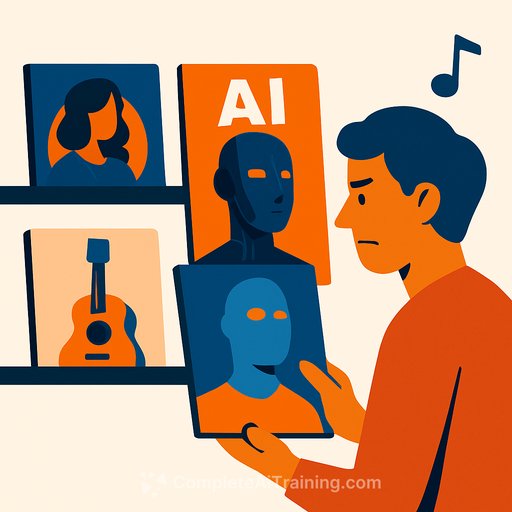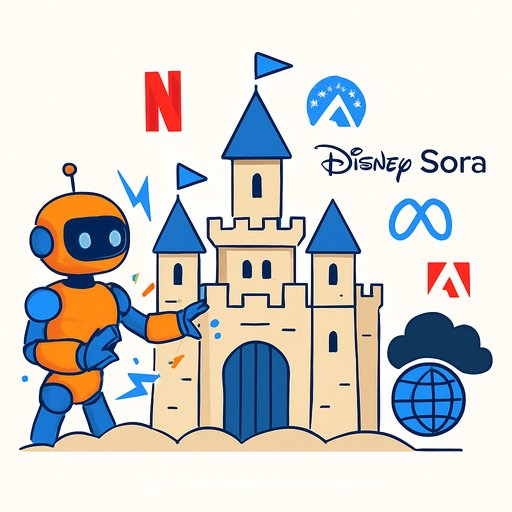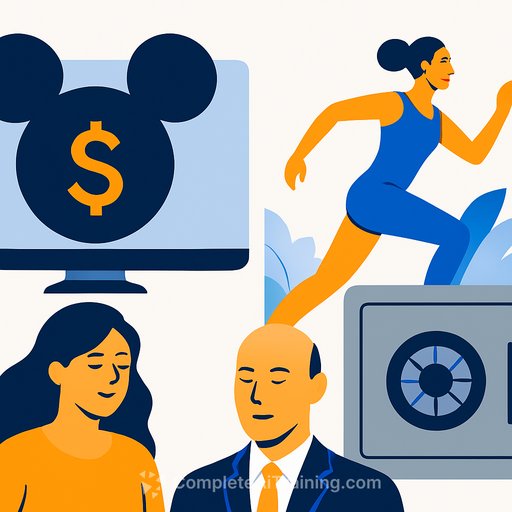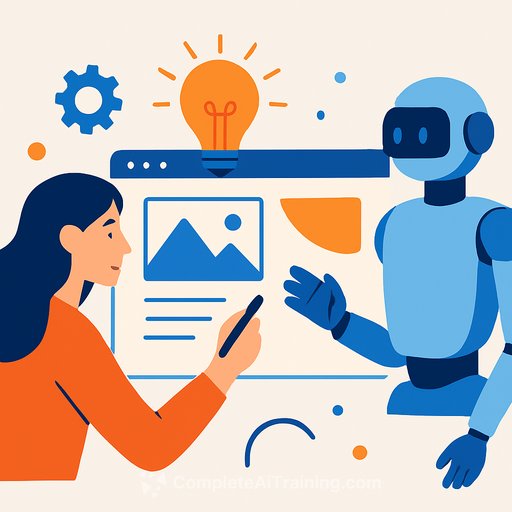When AI Pretends to Be You: The Case of Fake Music Albums
Last month, award-winning English folk singer Emily Portman received a fan message praising her supposed new album. The catch? She hadn't released anything recently. Curious, she followed the link to find an album titled Orca on Spotify, iTunes, and other platforms. The music was eerily close to her style, but it was AI-generated and not her work.
Emily describes the experience as "really creepy." The tracks had folk-style titles like Sprig of Thyme and Silent Hearth, familiar enough to fool listeners. The vocals sounded like her but were too perfect—almost robotic. The instrumentation was similarly close but lacked human nuance.
Fake Albums on Real Artist Profiles
While AI-generated music is common online, it's usually under fake names or mimics major stars on unofficial pages. Here, the album appeared directly on Portman's official streaming profiles, falsely crediting her as performer, writer, and copyright holder. The listed producer, Freddie Howells, is unknown and seemingly fictitious.
Shortly after, another AI album appeared on her pages—this one less convincing and described by Portman as "20 tracks of instrumental drivel." She filed copyright complaints, prompting removal from some platforms, though Spotify took three weeks. She still hasn't regained control of her Spotify artist profile.
Spotify stated these albums were added to the wrong artist profile and removed them once flagged. However, Portman doubts this explanation since the music didn't match the other artist of the same name. She views the ordeal as "the start of something pretty dystopian," highlighting weak legal protections for independent artists.
Why Are AI Impostors Targeting Independent Artists?
Emily isn’t alone. New York-based musician and producer Josh Kaufman, known for work on Taylor Swift's Folklore, also found AI-generated tracks under his name. One track sounded like a Casio keyboard demo with broken English lyrics. Kaufman calls it embarrassing and confusing, emphasizing that music is the "signature of our soul."
Other Americana and folk-rock artists affected recently include Jeff Tweedy (Wilco), Father John Misty, Iron & Wine, Teddy Thompson, and Jakob Dylan. These fake releases share the same AI-designed artwork and list the same songwriter, Zyan Maliq Mahardika, who’s been linked to other AI fakes across genres.
Spotify confirmed it removed these tracks for violating impersonation policies and warned distributors against recurring offenses. Kaufman created a playlist of the fake songs with a sarcastic title, choosing humor over frustration. Still, he wonders why AI creators target lesser-known musicians instead of superstars who might generate more royalties.
Industry Insight on AI Fraud in Music
Tatiana Cirisano from Midia Research notes that AI makes it easier for fraudsters to fool listeners in an age of passive streaming. The goal appears to be racking up streams unnoticed on smaller artists' pages to collect royalties. Streaming services and distributors are improving detection, often using AI themselves, but the problem remains complex.
When the Dead Get New “AI Albums”
Even deceased artists aren’t immune. A new track appeared on Texas singer-songwriter Blaze Foley’s verified profile, decades after his 1989 death. Foley’s label owner Craig McDonald called the AI music “schlock,” far from Foley’s authentic style known for “three chords and the truth.”
McDonald worries that such AI-generated fakes could damage an artist’s legacy, especially for listeners unfamiliar with the original sound. He joked that Foley might’ve appreciated the modernized photo AI created but would definitely want a share of the royalties Spotify collects.
The Real Cost of Creativity in the AI Era
For Emily Portman, the fake album incident was a "very low blow," especially as she works on her first real solo album in ten years. Unlike AI-generated content, her album requires significant investment—estimated at over £10,000—to cover musicians, producers, release, and promotion.
She’s committed to delivering genuine, human-made music, emphasizing that imperfection is part of the art. “I’ll never be able to sing that perfectly in tune. And that’s the point. I don’t want to. I’m human.”
What Creatives Should Take Away
- Stay vigilant—Check your official streaming profiles regularly for unauthorized releases.
- Act fast—File copyright claims immediately to remove fraudulent content.
- Understand AI limitations—AI-generated music may sound polished but often lacks soul and human imperfection.
- Support real creativity—Investing time, money, and emotion into your art remains irreplaceable.
- Advocate for better protections—Independent artists need stronger safeguards against AI impersonation.
For creatives exploring AI tools or concerned about how AI might affect their craft, resources like Complete AI Training’s courses for creative professionals can offer practical guidance on navigating this new landscape.
Your membership also unlocks:






